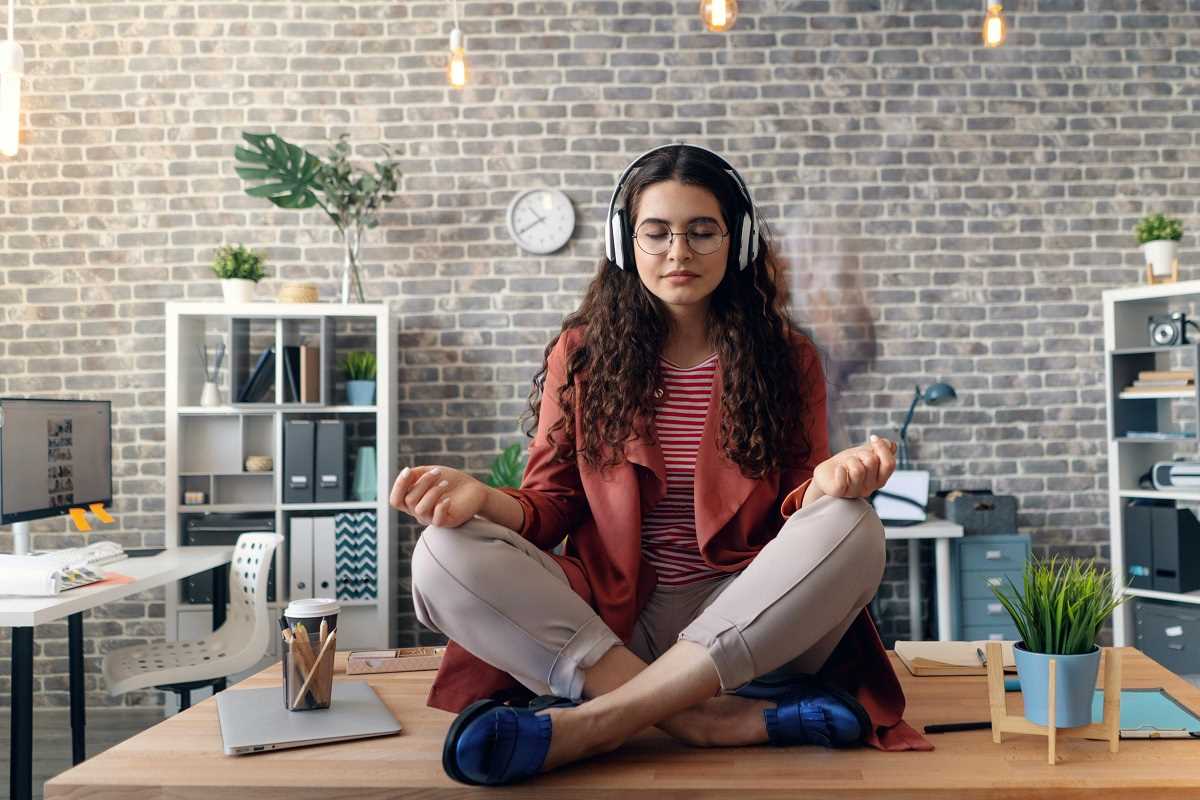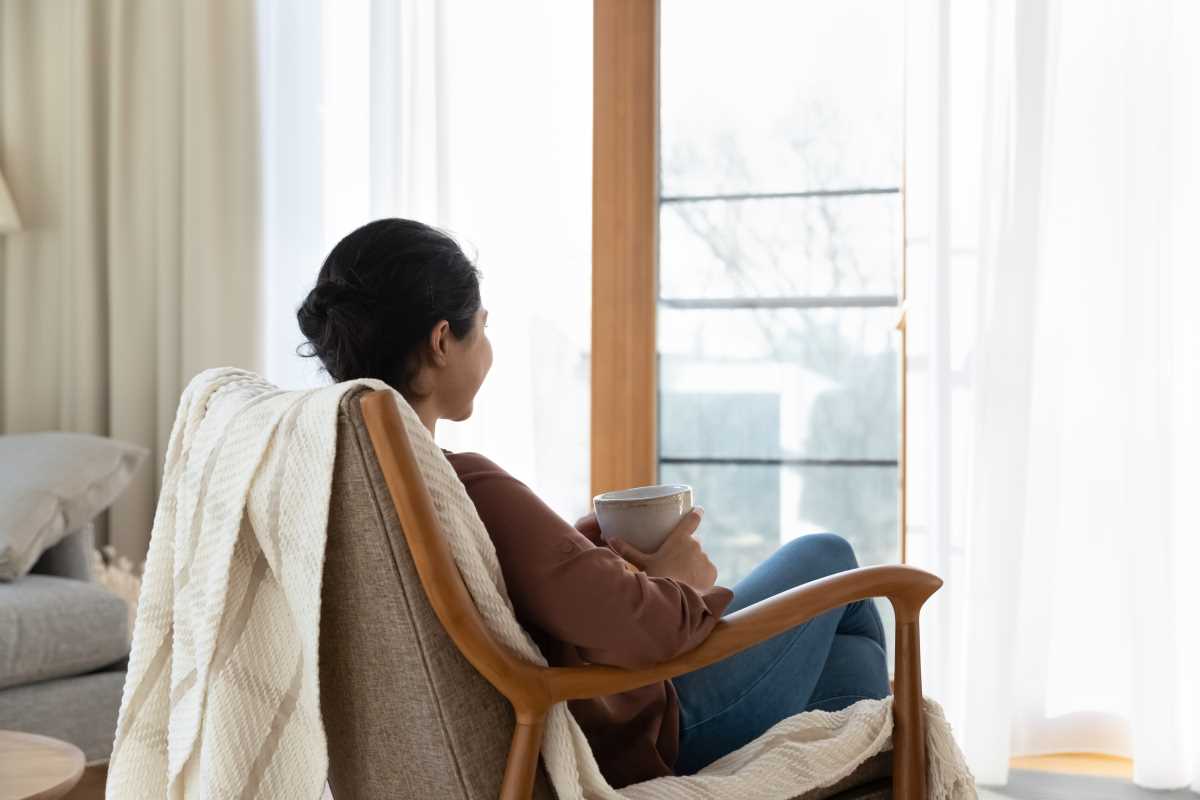An individual's screen time habits can significantly impact their quality of sleep. Excessive exposure to screens before bedtime, such as smartphones, tablets, or computers, can disrupt the body's natural sleep-wake cycle. Understanding the negative effects of screen time on sleep quality and learning how to reduce it can lead to improved overall well-being and better sleep hygiene habits.
The Blue Light Effect
The blue light emitted from screens can interfere with melatonin production, the hormone responsible for regulating sleep. This disruption can lead to difficulty falling asleep and staying asleep throughout the night. To reduce the impact of blue light on sleep quality, consider using blue light filters on devices or wearing blue light blocking glasses in the evening.
Establishing a Tech-Free Wind Down Routine
Creating a tech-free wind-down routine before bedtime can help signal to your body that it's time to relax and prepare for sleep. Engage in calming activities such as reading a book, taking a warm bath, or practicing relaxation techniques like deep breathing exercises. By avoiding screens at least an hour before bed, you can promote a more restful night's sleep.
Setting Screen Time Limits
Setting boundaries for screen time usage, especially in the hours leading up to bedtime, can positively impact your sleep quality. Consider implementing a screen curfew where electronic devices are turned off or put in another room at least 30 minutes to an hour before bedtime. This practice can help reduce stimulation and promote a more peaceful transition into sleep.
Creating a Sleep-Friendly Environment
Optimizing your bedroom environment for quality sleep can also help counteract the negative effects of screen time. Keep your bedroom cool, dark, and quiet to promote restful sleep. Invest in comfortable bedding, supportive pillows, and consider using devices like white noise machines or blackout curtains to create an ideal sleep environment that encourages relaxation.
Engaging in Relaxation Techniques
Incorporating relaxation techniques into your nightly routine can help reduce the impact of screen time on sleep quality. Try practicing mindfulness meditation, progressive muscle relaxation, or gentle yoga stretches before bed to calm your mind and body. These techniques can promote feelings of relaxation and improve your ability to fall asleep more easily.
Seeking Professional Help
If you continue to experience difficulties with sleep quality despite implementing these strategies to reduce screen time, consider seeking guidance from a healthcare professional. A sleep specialist or healthcare provider can offer personalized recommendations and strategies to address your specific sleep issues and help you establish healthy habits for improved sleep quality.
By understanding the impact of screen time on sleep quality and implementing strategies to reduce it, you can take proactive steps towards achieving better overall sleep hygiene and enhancing your well-being. Making small changes to your daily routine and bedtime habits can lead to significant improvements in your sleep quality and contribute to a more rested and rejuvenated state each morning.
 (Image via
(Image via





